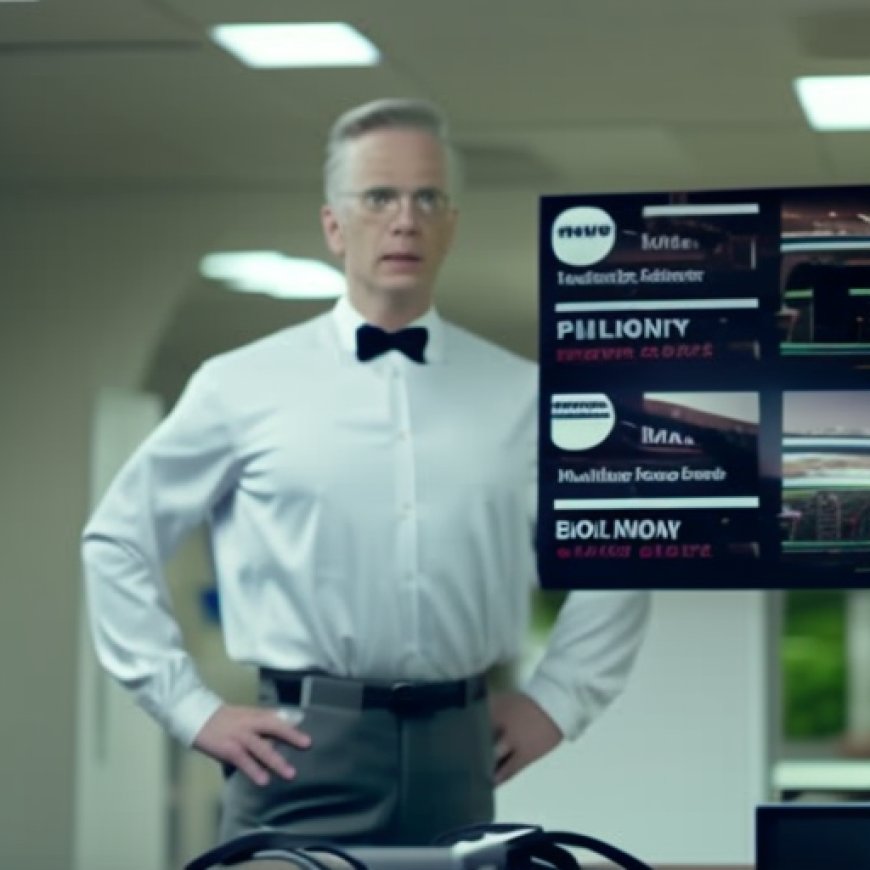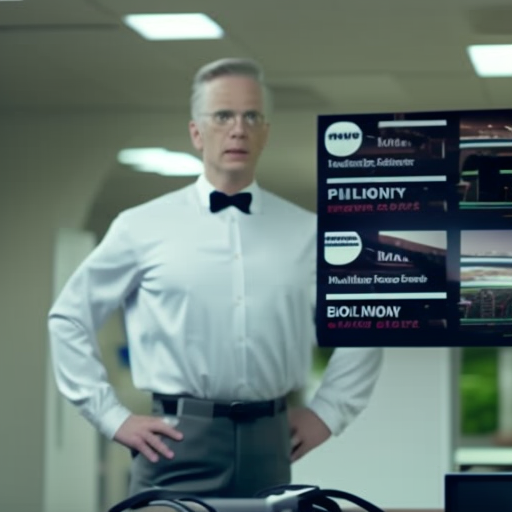Colorado Energy Office addresses concern, hesitation surrounding electric vehicles
Colorado Energy Office addresses concern surrounding electric ... Denver 7 Colorado News


Governor Polis’ Vision for Colorado: Achieving Sustainable Development Goals through Electric Vehicles
Denver — Governor Jared Polis has set an ambitious goal for Colorado: to have nearly one million electric vehicles (EVs) on the road by 2030. This plan is part of a larger initiative to achieve 100% renewable energy by 2040.
Overcoming Hesitations in Transitioning to Electric Vehicles
Despite the governor’s vision, many drivers, like Curtis Kuhl, are hesitant to make the switch from gas-powered vehicles to electric ones. Kuhl raises concerns about the maintenance of EVs and the availability of charging stations, especially for long-distance driving. He also questions the cost of replacing EV batteries.
Colorado’s Progress in Electric Vehicle Adoption
Christian Williss, the managing director for transportation, fuels, and technology of the Colorado Energy Office, reveals that there are currently around 86,000 EVs on Colorado roads, accounting for approximately 1.5 percent of all vehicles in the state. Despite these hesitations, Colorado ranks fifth in the country for electric vehicle market share.
The Sustainable Development Goals and Benefits of Electric Vehicles
Williss emphasizes that transportation is the largest source of emissions in Colorado and nationwide. Electric vehicles offer a significant advantage in terms of reducing emissions, as they produce no tailpipe emissions and do not rely on internal combustion engines or gasoline. Achieving the Sustainable Development Goals (SDGs), particularly Goal 13: Climate Action, is a key driver for promoting electric vehicle adoption.
Addressing Range Anxiety and Charging Infrastructure
One of the common concerns about electric vehicles is their range. Williss explains that most EVs can travel between 200 and 300 miles on a full battery, with some models reaching up to 250-300 miles. Considering that most people drive less than 30 miles a day, charging an electric vehicle at home overnight provides convenience. To address concerns about road trips, Colorado has been investing in an increasing number of high-speed charging stations along interstates and corridors, with plans for many more in the coming decades.
Battery Replacement and Cost Considerations
Regarding the cost of replacing EV batteries, Williss mentions that there is limited data on this subject due to the infrequency of battery replacements. Electric vehicles typically come with comprehensive warranties for batteries, covering up to 100,000 miles or 10 years. While cost remains a significant barrier for potential EV buyers, Williss highlights that the price of electric vehicles is starting to decrease. Several models priced below $35,000, and even below $30,000, will be introduced in the next few years.
Incentives and Support for Electric Vehicle Adoption
To encourage electric vehicle adoption, Colorado offers various incentives. All Coloradans are eligible for an EV tax credit of $5,000. Additionally, the Colorado Energy Office plans to launch a rebate program in August specifically targeting low to moderate-income individuals who want to replace their older vehicles with newer EVs.
The Electricity Grid’s Capacity to Support Electric Vehicles
Denver7 reached out to Xcel Energy to inquire about the electricity grid’s capacity to handle the increased energy demand from electric vehicles. Michelle Aguayo, a representative from Xcel Energy, assures that the grid is designed to accommodate energy use from various sources, including homes, buildings, industrial use, and electric vehicles. Xcel Energy regularly files Electric Resource Plans with the Colorado Public Utilities Commission to anticipate and plan for changes in energy demand. They are currently in the process of analyzing which resources will best meet future needs.
Conclusion
Colorado’s vision for achieving sustainable development aligns with the Sustainable Development Goals (SDGs) set by the United Nations. Electric vehicles play a crucial role in reducing emissions and promoting climate action (Goal 13). While concerns about range, charging infrastructure, and battery replacement costs persist, Colorado is actively working to address these issues and provide incentives for EV adoption. With the decreasing cost of electric vehicles and the commitment of energy companies like Xcel Energy to carbon reduction goals, the future of electric mobility in Colorado looks promising.
Resources:
- Colorado Energy Office
- EV Fast Charging Corridors
- EV CO
- Electric Vehicles | Our Commitment | Xcel Energy
- EV Xcel Energy
 denver7.com
denver7.com

Join us, as fellow seekers of change, on a transformative journey at https://sdgtalks.ai/welcome, where you can become a member and actively contribute to shaping a brighter future.







